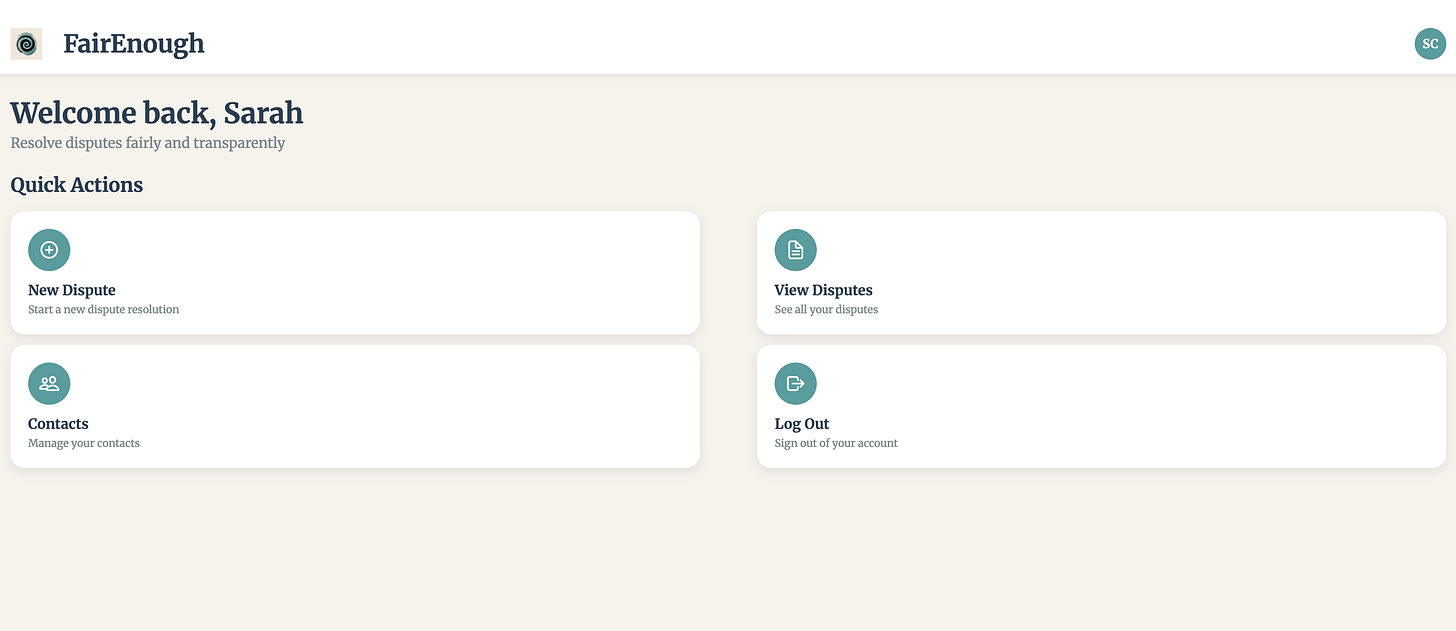What Goes Without Saying
There are people I can talk to, where all of the following statements are obvious. They go without saying. We can just “be reasonable” together, with the context taken for granted. And then there are people who…don’t seem to be on the same page at all. 1. There’s a real way to do anything, and a fake way; we need to make sure we’re doing the real version. Concepts like Goodhart’s Law, cargo-culting, greenwashing, hype cycles, Sturgeon’s Law, even bullshit jobs[1] are all pointing at the basic understanding that it’s easier to seem good than to be good, that the world is full of things that merely appear good but aren’t really, and that it’s important to vigilantly sift out the real from the fake. This feels obvious! This feels like something that should not be contentious! If anything, I often get frustrated with chronic pessimists who cry “fake” or “sellout” or “bullshit job” about everything popular or glossily presented, or everything whose value isn’t obvious to them. But then sometimes I meet people who talk as though they aren’t tracking “how do we make sure we’re tackling the main problem?” or “well, most things in this space are {unreplicable, failures, trivial, biased, error-prone, etc} so how are we ensuring we select for the few actually-good ones?” I don’t get the casual verbal signals that show they even see the world in terms of a few islands of brilliant color in a sea of dismal gray boring pointless stuff. 2. It is our job to do stuff that’s better than the societal mainstream. Pretty much everyone understands that there are Problems with society, though they disagree on what they are and what should be done about them. On the other hand, I see a lot of people who orient primarily towards “this problem isn’t going to be solved until Everyone changes” and aren’t focused at all on “well, in my local context, I’m going to make sure I/we do better than that.” Like…ok, education sucks; so, are you building a good school, or picking out a good o






links 2/11/26: https://roamresearch.com/#/app/srcpublic/page/02-11-2026
- https://www.clinicaltrialsabundance.blog/p/the-moderna-rtf-and-the-cost-of-regulatory Ruxandra Tesloianu on why FDA changing its mind to reject trial protocols it previously approved is harmful for biomedical progress
- https://www.drmaciver.com/2015/04/some-empirically-derived-testing-principles/ D.R. Maciver advice on software testing
- https://notebook.ldeming.com/garden/index.html Laura Deming on how, if longevity ever really works, it would be creating a new sort of creature with a mindset very different from a "normal"-lifespan human
- https://mcfunley.com/choose-boring-technology advice on picking a software stack
- https://www.owlposting.com/p/heuristics-for-lab-robotics-and-where excellent overview of new directions in (biology) lab automation by Abhishaike Mahajan
- https://authorshipai.vercel.app/ writing app that's more of a thinking partner than just writing for you
- I don't care for AI assistance in writing myself, but I do like attempts to make more "wholesome" tools that don't degenerate into machines for cheating
... (read more)